Description
George A.Olah – Beyond Oil & Gas
Description
In this masterpiece, the renowned chemistry Nobel Laureate, George A. Olah and his colleagues discuss in a clear and readily accessible manner the use of methanol as a viable alternative to our diminishing fossil fuel resources. They look at the pros and cons of our current main energy sources, namely oil and natural gas, and varied renewable energies, and new ways to overcome obstacles.
Following an introduction, Olah, Goeppert and Prakash look at the interrelation of fuels and energy, and at the extent of our non-renewable fossil fuel resources. Despite the diminishing reserve and global warming, the authors point out the continuing need for hydrocarbons and their products. They also discuss the envisioned hydrogen economy and its significant shortcomings. The main section then focuses on the methanol economy, including the conversion carbon dioxide from industrial exhausts (such as flue gases from fossil fuel burning power plants) and carbon dioxide contained in the atmoshere into convenient liquid methanol for fuel uses (notably in fuel cells) and as a raw material for hydrocarbons. The book is rounded off with a glimpse into the future.
A forward-looking and inspiring work regarding the major challenges of future energy and environmental problems.
Table of Contents
Chapter 1: Introduction.
Chapter 2: Coal in the Industrial Revolution, and Beyond.
Chapter 3: History of Oil and Natural Gas.
Oil Extraction and Exploration.
Natural Gas.
Chapter 4: Fossil Fuel Resources and Uses.
Coal.
Oil.
Tar Sands.
Oil Shale.
Natural Gas.
Coalbed Methane.
Tight Sands and Shales.
Methane Hydrates.
Outlook.
Chapter 5: Diminishing Oil and Gas Reserves.
Chapter 6: The Continuing Need for Hydrocarbons and their Products.
Fractional Distillation.
Thermal Cracking.
Chapter 7: Fossil Fuels and Climate Change.
Mitigation.
Chapter 8: Renewable Energy Sources and Atomic Energy.
Hydropower.
Geothermal Energy.
Wind Energy.
Solar Energy: Photovoltaic and Thermal.
Electricity from Photovoltaic Conversion.
Solar Thermal Power for Electricity Production.
Electric Power from Saline Solar Ponds.
Solar Thermal Energy for Heating.
Economic Limitations of Solar Energy.
Biomass Energy.
Electricity from Biomass.
Liquid Biofuels.
Ocean Energy: Thermal, Tidal, and Wave Power.
Tidal Energy.
Waves.
Ocean Thermal Energy.
Nuclear Energy.
Energy from Nuclear Fission Reactions.
Breeder Reactors.
The Need for Nuclear Power.
Economics.
Safety.
Radiation Hazards.
Nuclear Byproducts and Waste.
Emissions.
Nuclear Power: An Energy Source for the Future.
Nuclear Fusion.
Future Outlook.
Chapter 9: The Hydrogen Economy and its Limitations.
The Discovery and Properties of Hydrogen.
The Development of Hydrogen Energy.
The Production and Uses of Hydrogen.
Hydrogen from Fossil Fuels.
Hydrogen from Biomass.
Photobiological Water Cleavage.
Water Electrolysis.
Hydrogen Production Using Nuclear Energy.
The Challenge of Hydrogen Storage.
Liquid Hydrogen.
Compressed Hydrogen.
Metal Hydrides and Solid Absorbents.
Other Means of Hydrogen Storage.
Hydrogen: Centralized or Decentralized Distribution?
Safety of Hydrogen.
Hydrogen in Transportation.
Fuel Cells.
History.
Fuel Cell Efficiency.
Hydrogen-Based Fuel Cells.
PEM Fuel Cells for Transportation.
Regenerative Fuel Cells.
Outlook.
Chapter 10: The “Methanol Economy”: General Aspects.
Chapter 11: Methanol as a Fuel and Energy Carrier.
Properties and Historical Background.
Present Uses of Methanol.
Use of Methanol and Dimethyl Ether as Transportation Fuels.
Alcohol as a Transportation Fuel in the Past.
Methanol as Fuel in Internal Combustion Engines (ICE).
Methanol and Dimethyl Ether as Diesel Fuels Substitute in Compression Ignition Engines.
Biodiesel Fuel.
Advanced Methanol-Powered Vehicles.
Hydrogen for Fuel Cells from Methanol Reforming.
Direct Methanol Fuel Cell (DMFC).
Fuel Cells Based on Other Fuels and Biofuel Cells.
Regenerative Fuel Cell.
Methanol for Static Power and Heat Generation.
Methanol Storage and Distribution.
Methanol Price.
Methanol Safety.
Emissions from Methanol-Powered Vehicles.
Methanol and the Environment.
Methanol and Issues of Climate Change.
Chapter 12: Production of Methanol from Syn-Gas to Carbon Dioxide.
Methanol from Fossil Fuels.
Production via Syn-Gas.
Syn-Gas from Natural Gas.
Methane Steam Reforming.
Partial Oxidation of Methane.
Autothermal Reforming and Combination of Steam Reforming and Partial Oxidation.
Syn-Gas from CO2 Reforming.
Syn-Gas from Petroleum and Higher Hydrocarbons.
Syn-Gas from Coal.
Economics of Syn-Gas Generation.
Methanol through Methyl Formate.
Methanol from Methane Without Syn-Gas.
Selective Oxidation of Methane to Methanol.
Catalytic Gas-Phase Oxidation of Methane.
Liquid-Phase Oxidation of Methane to Methanol.
Methanol Production through Mono-Halogenated Methanes.
Microbial or Photochemical Conversion of Methane to Methanol.
Methanol from Biomass.
Methanol from Biogas.
Aquaculture.
Water Plants.
Algae.
Methanol from Carbon Dioxide.
Carbon Dioxide from Industrial Flue Gases.
Carbon Dioxide from the Atmosphere.
Chapter 13: Methanol-Based Chemicals, Synthetic Hydrocarbons and Materials.
Methanol-Based Chemical Products and Materials.
Methanol Conversion to Olefins and Synthetic Hydrocarbons.
Methanol to Olefin (MTO) Process.
Methanol to Gasoline (MTG) Process.
Methanol-Based Proteins.
Outlook.
Chapter 14: Future Perspectives.
The “Methanol Economy” and its Advantages.
Further Reading and Information.
References.
Index.
Author Information
George A. Olah, PhD, was born 1927 in Budapest Hungary. He obtained his doctoral degree at the Technical University of Budapest. In 1956, Olah left Hungary and moved to the US, where he and his coworkers discovered carbocation and hydrocarbon chemistry in superacids. For his discoveries, he was awarded the 1994 Nobel Prize in Chemistry. He is a Distinguished Professor and Director of the Loker Hydrocarbon Institute at the University of Southern California. He has published more than 1300 scientific papers and authored or edited 15 books. He holds more than 120 patents. His current research interests are in the hydrocarbon chemistry and energy areas covering various aspects of methanol economy. He has received innumerable awards and accolades, including the 2005 Priestley Medal from the American Chemical Society.
Alain Goeppert, PhD, was born in 1974 in Strasbourg, France. After obtaining his technician diploma in chemistry from the University Robert Schuman in Strasbourg, he received his Diplom-ingenieur degree from the Fachhochschule Aalen, Germany. He then returned to Strasbourg to study the reactivity of alkanes in strong acid systems under the direction of Prof. Jean Sommer at the Universität Louis Pasteur, and earned his PhD in 2002. After this, he joined the groups of Professors Olah and Prakash at the Loker Hydrocarbon Research Institute as a research associate, supported partially by a Lavoisier fellowship of the Ministere des Affaires Etrangers Francais. His current research centers on the transformation of methane and CO2 into more valuable products and CO2 capture technologies.
- K. Surya Prakash, PhD, was born 1953 in Bangalore, India. After his B. S (Bangalore Univ.) and M. S (IIT, Madras) degrees from India he came to US in 1974 and obtained his Ph. D degree from the University of Southern California (USC) under the direction of Professor Olah in 1978. He is currently a Professor and Olah Nobel Laureate Chair in Hydrocarbon Chemistry at the USC at Los Angeles, California. His primary research interests are in superacid, hydrocarbon, synthetic organic & organofluorine chemistry and energy and catalysis areas. He is a prolific author with more than 500 scientific papers and co-authored or edited 7 books. He has received many awards and accolades including two American Chemical Society National Awards in Fluorine (2004) and Hydrocarbon Chemistry (2006).
Reviews
“Ohne Energie und vor allem die Erschließung neuer Energiequellen geht nichts – das macht das Buch, das in englischer Sprache erschienen ist, dem Leser einmal mehr deutlich.” Pharmazeutische Zeitung
“Ein Buch für alle, die sich für die Zukunft unserer Energiequellen interessieren. Pflicht für alle, die sich mit diesem Thema befassen müssen.” Österreichische Chemiezeitschrift
“Dieses Büchlein gehört auf das Nachtkästchen eines jeden, der da will kundig sein in Sachen Energie. Der Nobelpreisträger George A. Olah beschreibt mit der “Methanol Economy” eine beeindruckende Möglichkeit, die Abhängigkeiten von zur Neige gehenden Öl- und Gasressourcen zu beenden und gleichzeitig den Treibhauseffekt auf ein Minimum zu reduzieren.”
George A.Olah, Beyond Oil & Gas, Download Beyond Oil & Gas, Free Beyond Oil & Gas, Beyond Oil & Gas Torrent, Beyond Oil & Gas Review, Beyond Oil & Gas Groupbuy.



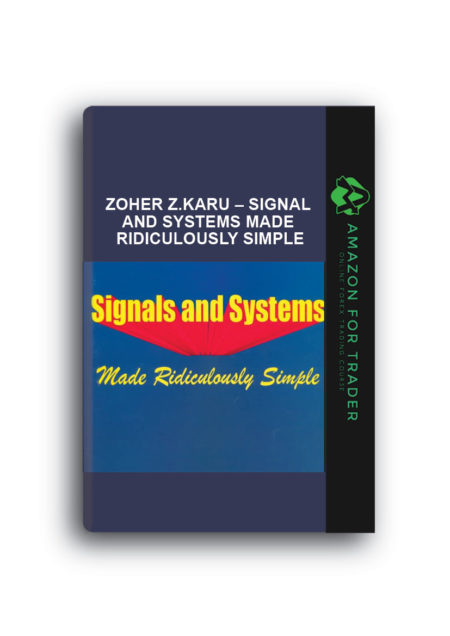
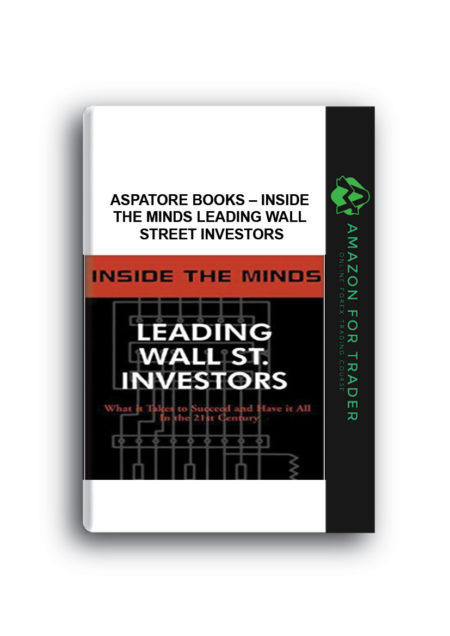
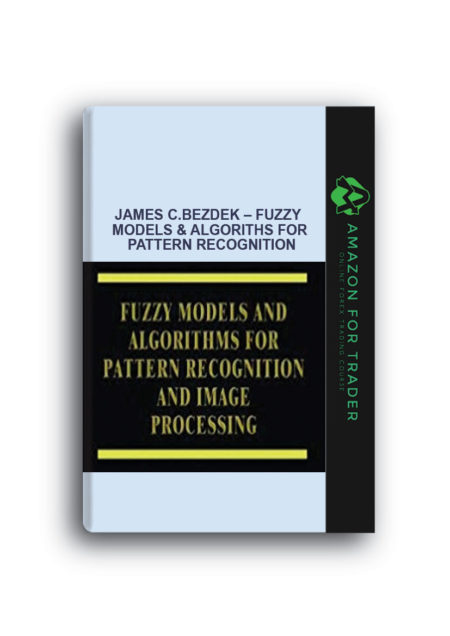
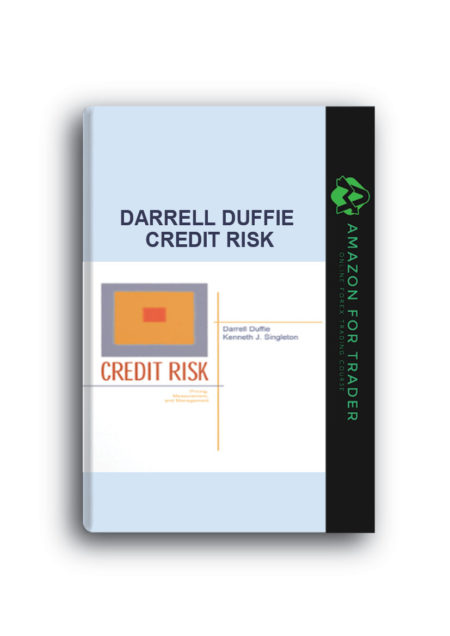
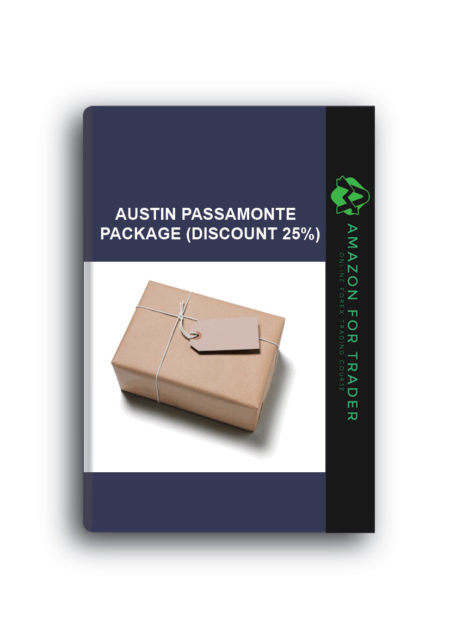
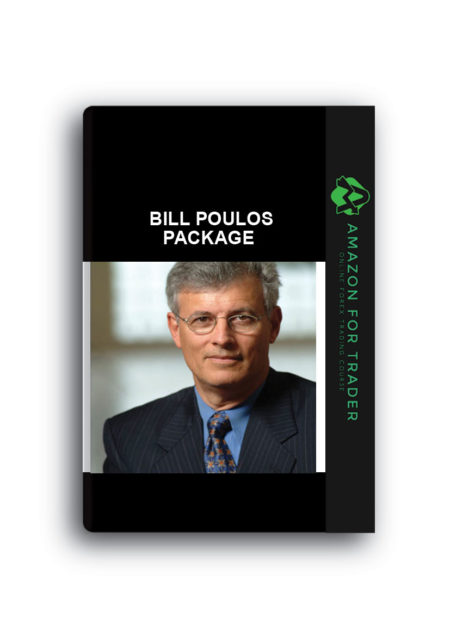
Reviews
There are no reviews yet.